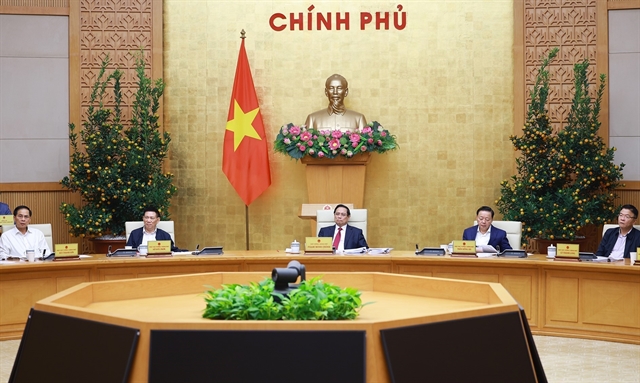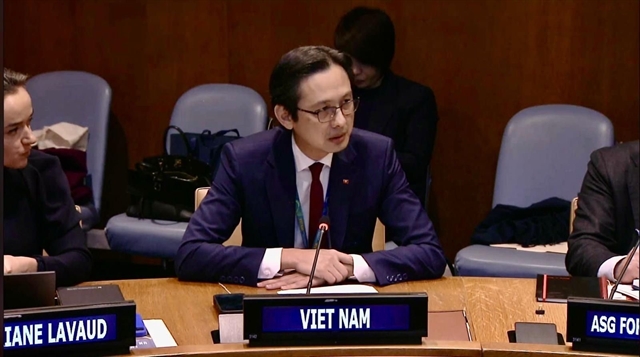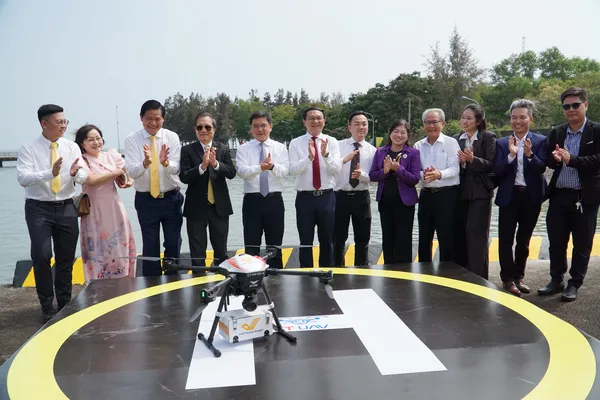 Economy
Economy
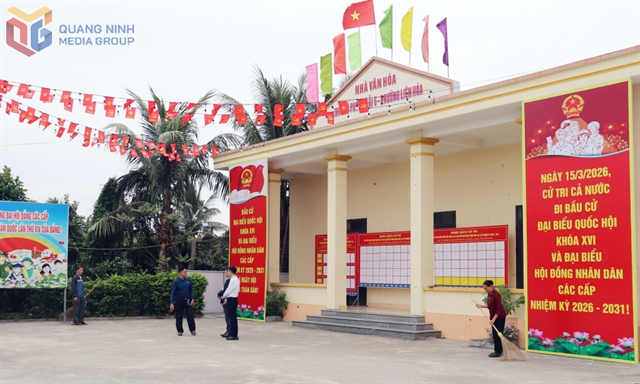
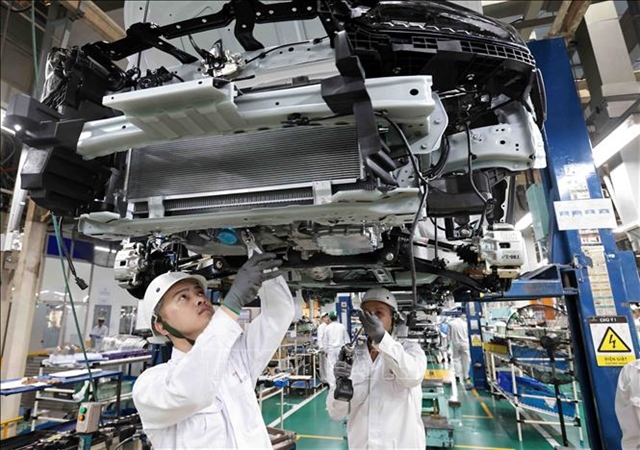
|
| An assembly line at Honda Vietnam in Vĩnh Phúc Province. The amended Draft Law on SCT could hinder the development of the automobile industry in Việt Nam. VNA/VNS Photo |
HÀ NỘI — The Vietnam Chamber of Commerce and Industry (VCCI) has raised several concerns about the amended Draft Law on Special Consumption Tax (SCT), which they believe could hinder the development of the car industry in Việt Nam.
The current and draft laws both use the term "cars that can both carry people and goods" as taxable objects.
Businesses have found this term problematic, as it does not align with National Standard TCVN 7271:2003, which classifies vehicles into passenger cars, cargo cars and special-purpose cars, with no category for cars that transport both passengers and goods.
VCCI recommends either clarifying this term or removing it and adopting the classification used by the Ministry of Transport to ensure transparency and ease of application.
Article 9.2 of the Draft Law stipulates that taxpayers can deduct the special consumption tax on raw materials if they are producing goods that are also subject to this tax.
In practice, many specialised vehicle producers cannot benefit from this deduction because their output (special-purpose vehicles) is not subject to the tax, despite their inputs (commercial vehicles) being taxed.
This increases the cost of domestic production by 35– 40 per cent, making it difficult for local producers to compete with imported goods and driving some businesses to re-import modified vehicles to avoid taxes.
VCCI recommends allowing tax deductions and refunds for inputs used in the production of special-purpose vehicles.
The draft law also offers a lower tax rate for hybrid cars only if they have a separate charging system, taxing them at 70 per cent of the rate for corresponding gasoline cars.
This excludes hybrid cars without a separate charging system, which also contributes to reducing fossil fuel use and serves as a transition to pure electric vehicles. The existing infrastructure for charging electric vehicles is not yet convenient for consumers.
Excluding these hybrid cars from tax benefits is seen as unreasonable and could slow the adoption of more environmentally friendly vehicles.
VCCI recommends extending the lower tax rate to all hybrid cars, regardless of their charging system, to encourage the transition to cleaner energy vehicles.
By addressing these issues, VCCI believes that the amended law can better support the development of Việt Nam's car industry, promote fair competition and foster the growth of environmentally-friendly vehicle options. — VNS


